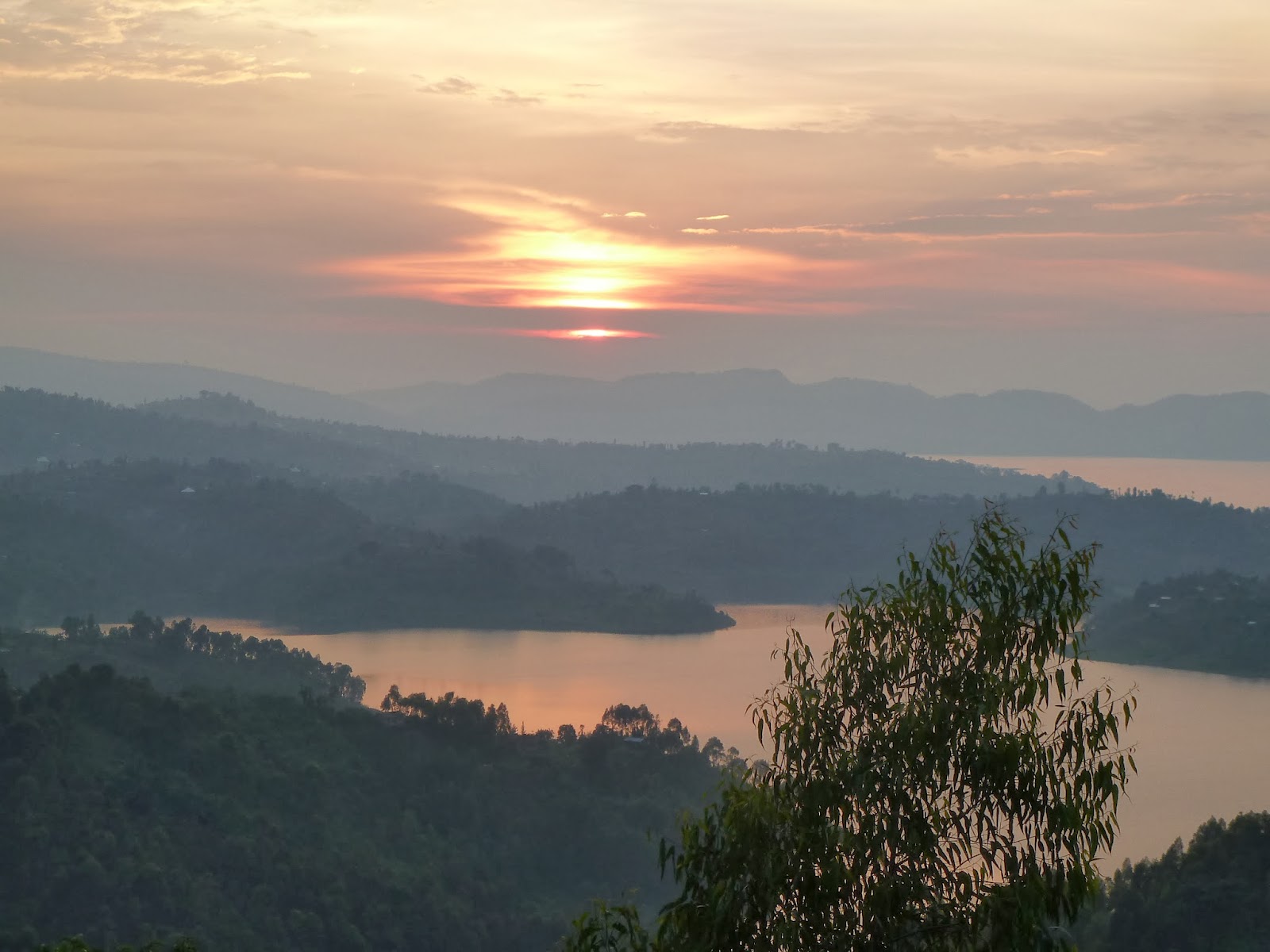 |
| Running a scenario with Leonard, Bora, Emmanuel and Julie |
One
of the projects we have been keen to start and continue here is staff training.
Both of us have done individual tutorials and teaching sessions to our
different departments – Matt in the ED and me in Internal medicine as well as
some lecturing to midwifery students at the local university.
One
of the subjects we have focussed on together has been the ‘Immediate Management
of the Acutely Unwell Patient’ which we have adapted from our Advanced and
Intermediate Life Support training course we went to in our foundation years.
We teach it over a day and have delivered it so far to the chiefs of services –
both doctors and nurses. We are running it again next week for the anaesthetic and
theatre staff and hope to identify some people to hand it over to in order to
continue the training once we have left.
 |
| Matt going through the equipment for the scenarios |
We
have really enjoyed this aspect of our time here and it has been fun to
recreate the simulation training we received in the UK over here. Needless to say
the materials aren’t quite the same but we have a mannequin for the simulation
scenarios and even some resuscitation models to practice Basic Life Support (BLS)
on. It has been great to work more closely with the staff in this way.
In
the UK we are fortunate to have this training as a national standard and as a requirement
for our employment, however here, not all nurses have had formal training in
BLS. Such a basic skill but essential in hospital work, we hope we are leaving
a sustainable training model behind so that all clinical staff in Kibogora can
become proficient in this.
 |
| Airway management |
 |
| Teaching BLS to Genivieve, Mahdoo and Perrine |
 |
| Available equipment for the simulation |


























